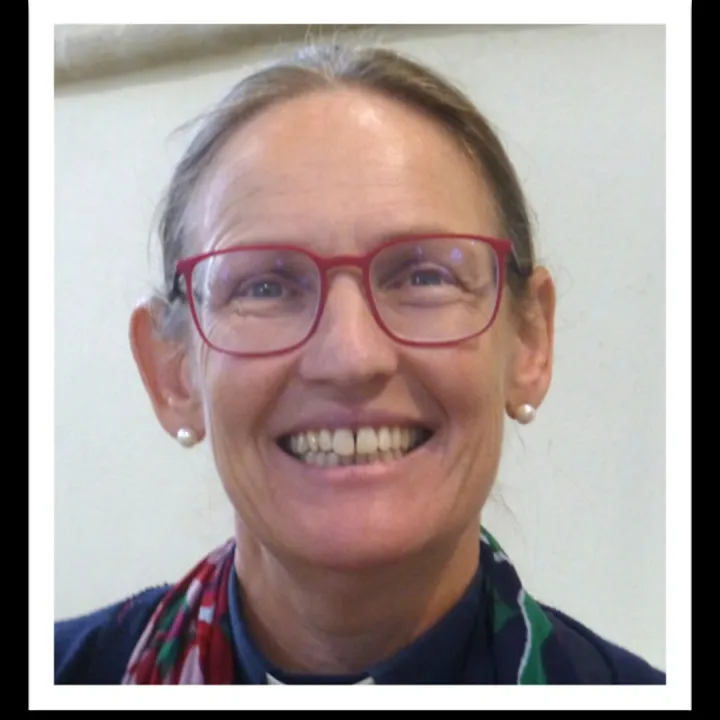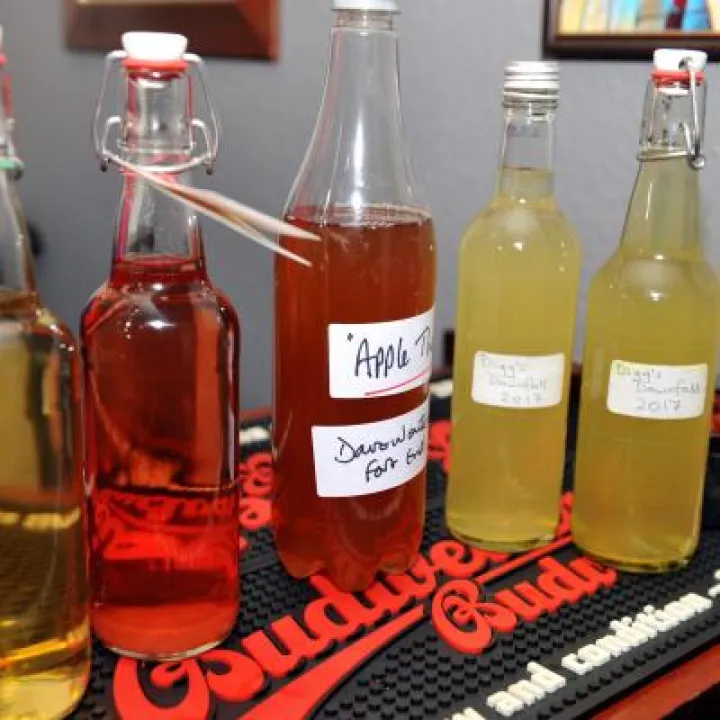At Risk from Cyber Crime?
One of the fastest growing categories of criminal activity in this country is so-called 'cyber crime'.
Many of us have received scam phone calls from criminals claiming to be from "the Microsoft technical support department", for example, offering to download 'problem-solving software' to our personal computers, and so gain control of those machines; or else monitor our personal information by secretly downloading 'key logging' applications that record our typing inputs – account numbers, passwords, the lot!
Likewise, scam emails are proliferating. They claim to be from our banks and building societies, from Paypal, from our email account administrators or even from package delivery couriers, all seeking to persuade us to "verify" our account records and thereby input personal information that can lead to identity theft.
There was a time when such scammers could be easily identified – not least by the poor grammatical construction and spelling errors contained in their correspondence. But of late these communications have become much more sophisticated and recipients need to be ever-more vigilant.
How well to do understand the risks?
How confident are you that the scammers won't catch you out?
To what extent are your IT devices protected?
The City of London Police, in partnership with Get Safe Online, has recently put together a National Cyber Crime Survey.
Its purpose is to learn about people's awareness of online safety and experiences of cyber crime, with a view to improving police knowledge and understanding and to help provide a better response to victims.
The results will help police forces gain a better idea of the challenges they are facing.
If you have a spare 15 minutes, the survey organisers would be grateful if you could complete a short questionnaire.
In the opinion of your website editor, some of the questions are not very well constructed. Nevertheless, the process of completing the survey provides a helpful set of reminders about the range of cyber crime challenges that we all face and the main ways in which we can protect ourselves from becoming victims.
The link to the survey can be found here.








